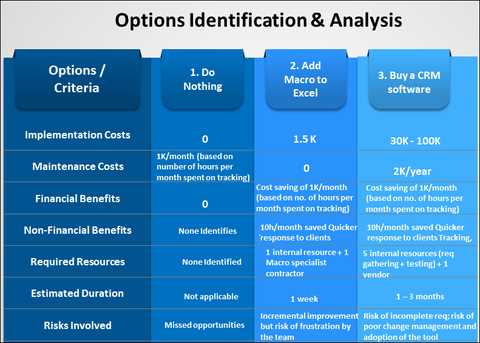Examples of Bermuda Option
Here are some examples of how Bermuda options can be used:
1. Interest Rate Swaps

In the context of interest rate swaps, a Bermuda option can be used to provide the option holder with the right to enter into or exit from the swap on specific dates. This allows the parties involved to manage their interest rate exposure more effectively by taking advantage of favorable market conditions.
2. Commodity Contracts
Bermuda options are commonly used in commodity contracts, such as oil or natural gas futures. The option holder can choose to exercise the option on specific dates based on market conditions, allowing them to lock in favorable prices or avoid losses in volatile markets.
3. Equity Derivatives
In equity derivatives, Bermuda options can be used to provide investors with the flexibility to exercise their options on specific dates, depending on the performance of the underlying stock. This allows investors to optimize their investment strategies and take advantage of market fluctuations.
Overall, Bermuda options offer greater flexibility compared to European options, making them a valuable tool for managing risk and maximizing returns in various financial markets.
Advantages and Disadvantages of Bermuda Option

Advantages of Bermuda Option:
- Flexibility: One of the main advantages of Bermuda options is their flexibility. Unlike European options, which can only be exercised at expiration, Bermuda options can be exercised at specific predetermined dates. This allows investors to take advantage of favorable market conditions and adjust their positions accordingly.
- Partial Exercise: Another advantage of Bermuda options is the ability to partially exercise the option. This means that investors can choose to exercise only a portion of their option contracts, which can be useful in managing risk and maximizing returns.
- Lower Premiums: Bermuda options generally have lower premiums compared to American options, making them more affordable for investors. This can be particularly beneficial for retail investors or those with limited capital.
- Hedging Opportunities: Bermuda options provide investors with additional hedging opportunities. By using Bermuda options in conjunction with other financial instruments, investors can create more complex hedging strategies to protect their portfolios against potential losses.
Disadvantages of Bermuda Option:
- Limited Liquidity: Another disadvantage of Bermuda options is the potential for limited liquidity. Since Bermuda options are not as widely traded as European or American options, it may be more challenging to find counterparties to trade with, especially for less popular underlying assets.
- Timing Risk: The predetermined exercise dates of Bermuda options can also introduce timing risk. If the market conditions are not favorable on the exercise dates, investors may miss out on potential profits or be forced to exercise the option at a disadvantageous price.
- Higher Transaction Costs: Due to the flexibility and complexity of Bermuda options, they may involve higher transaction costs compared to simpler options. Investors need to consider these costs when evaluating the potential returns of using Bermuda options in their investment strategies.
Overall, Bermuda options offer unique advantages and disadvantages that should be carefully considered by investors. While they provide flexibility and hedging opportunities, they also come with complexity and potential liquidity and timing risks. Investors should assess their risk tolerance, investment goals, and market conditions before incorporating Bermuda options into their portfolios.

Emily Bibb simplifies finance through bestselling books and articles, bridging complex concepts for everyday understanding. Engaging audiences via social media, she shares insights for financial success. Active in seminars and philanthropy, Bibb aims to create a more financially informed society, driven by her passion for empowering others.
